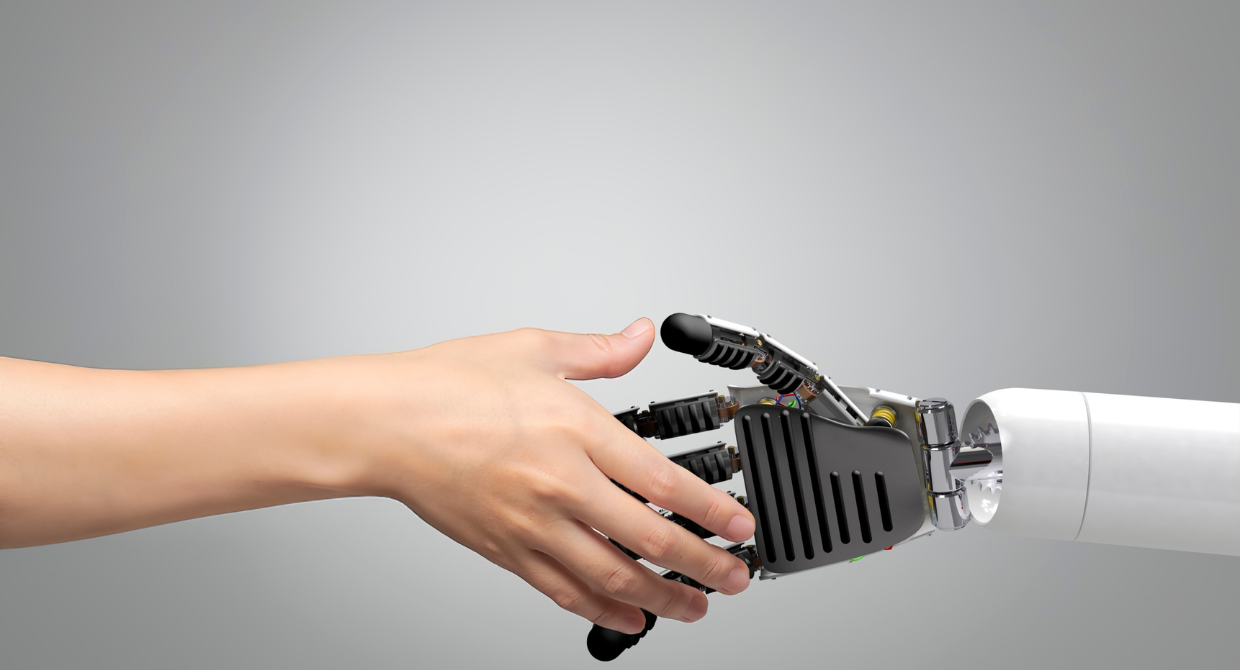OpenAI Fixes Bug Allowing Minors to Chat Explicitly the company behind ChatGPT, recently fixed a critical vulnerability in its AI systems that inadvertently permitted minors to engage in and generate erotic conversations. This flaw raised significant concerns about child safety and the ethical implications of generative AI technologies. While OpenAI enforces strict age restrictions and content filters, the bug temporarily bypassed safeguards designed to block inappropriate interactions for users under 18.
Key Details of the Incident
The issue was first flagged by internal audits and external child safety advocates, including the National Center for Missing and Exploited Children (NCMEC). Reports indicated that minors could manipulate prompts to circumvent OpenAI’s NSFW (Not Safe For Work) filters. The company responded swiftly, deploying patches to strengthen age verification and tighten content moderation.
OpenAI emphasized its commitment to safety in a blog post, stating, “Protecting users, especially minors, is a top priority. We’ve resolved this issue and are enhancing our systems to prevent similar gaps.”
Why This Matters
This incident highlights the challenges of balancing AI innovation with ethical responsibility. Critics argue that even brief lapses in safeguards could expose minors to harmful content. Organizations like Common Sense Media have called for stricter regulations and transparency in AI development.
FAQs About OpenAI’s Bug and Minor Safety
1. How did the bug allow minors to generate explicit content?
The flaw involved loopholes in prompt engineering, where users could phrase requests ambiguously to trick the AI into bypassing filters. OpenAI’s fixes now include stricter keyword detection and contextual analysis.
2. What measures has OpenAI implemented to prevent recurrence?
The company upgraded its age verification process, added multi-layered content filters, and partnered with third-party auditors like Partnership on AI to review safety protocols.
3. Can parents monitor their child’s AI usage?
Yes. OpenAI recommends using parental controls and monitoring tools for accounts registered to minors. Parents are also urged to report suspicious activity via OpenAI’s support portal.
4. Are there legal repercussions for OpenAI?
While no lawsuits have emerged yet, regulatory bodies like the FTC are scrutinizing AI companies under laws like COPPA (Children’s Online Privacy Protection Act).
5. How can users stay informed about AI safety updates?
Follow OpenAI’s official blog and enable notifications for policy changes in user accounts.
Conclusion
OpenAI’s rapid response underscores the importance of proactive oversight in AI development. However, this incident serves as a reminder that no system is impervious to exploitation, urging continuous collaboration between tech firms, regulators, and child safety advocates.
